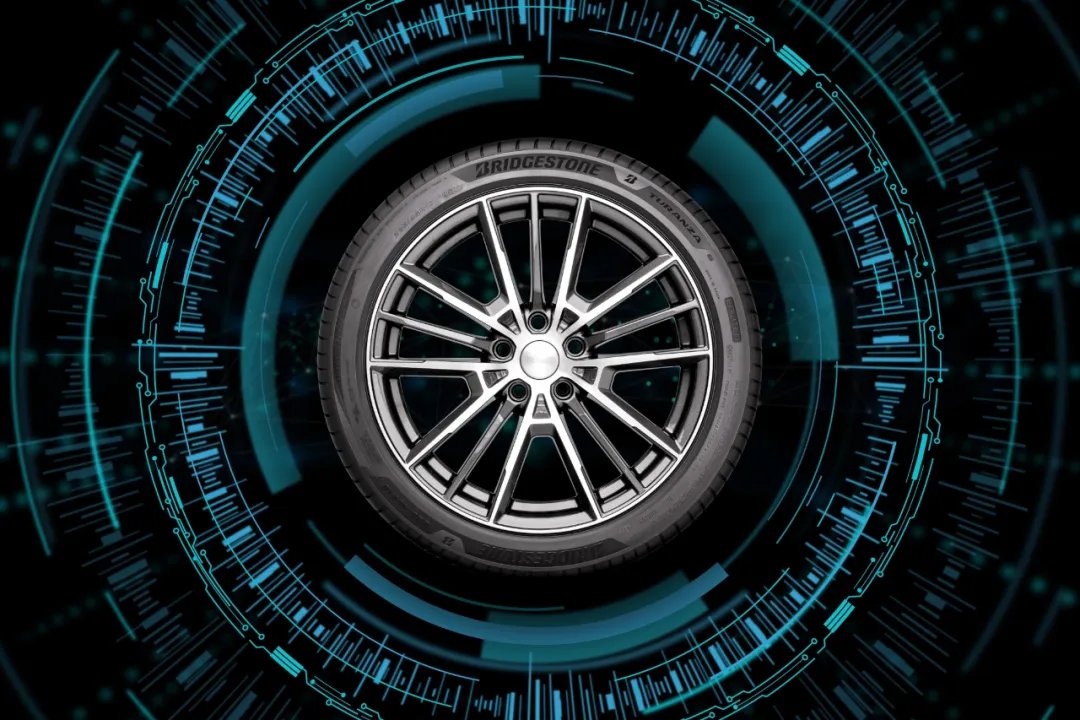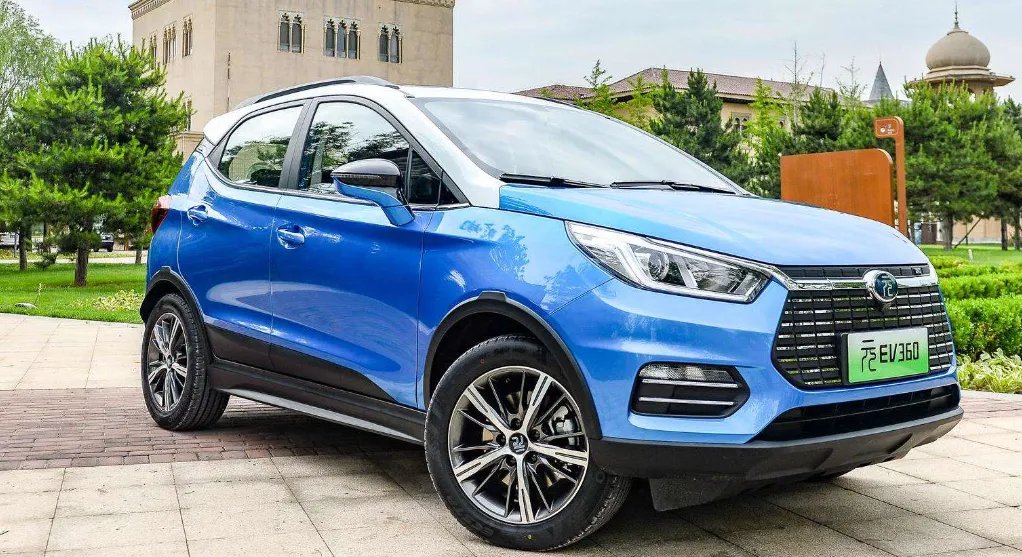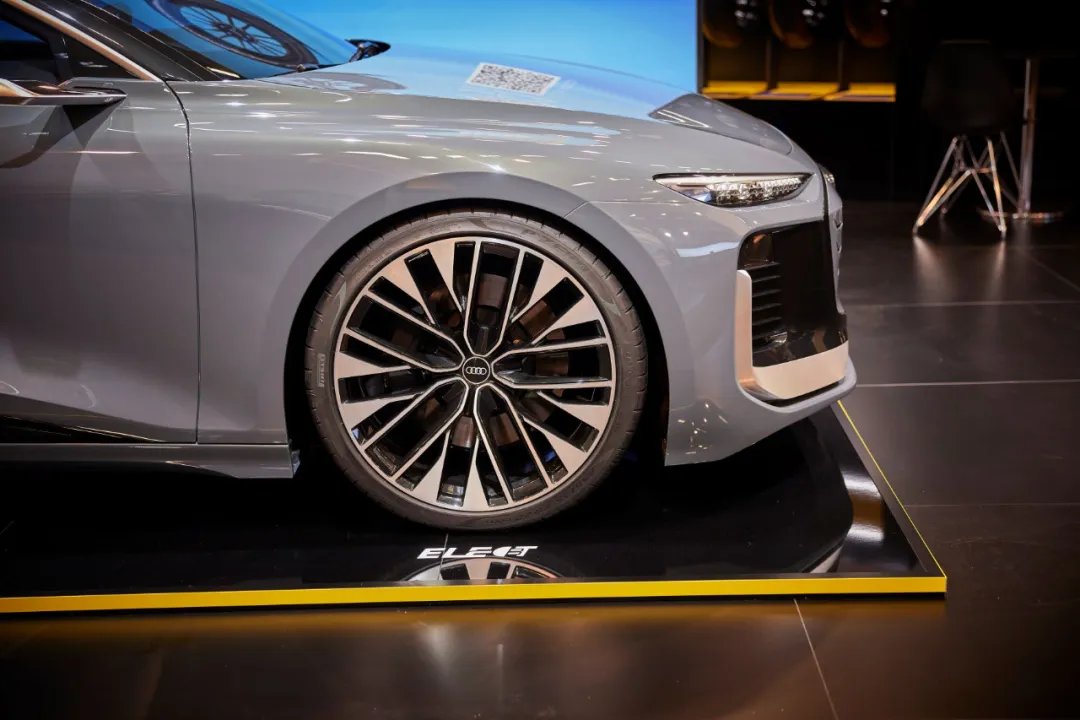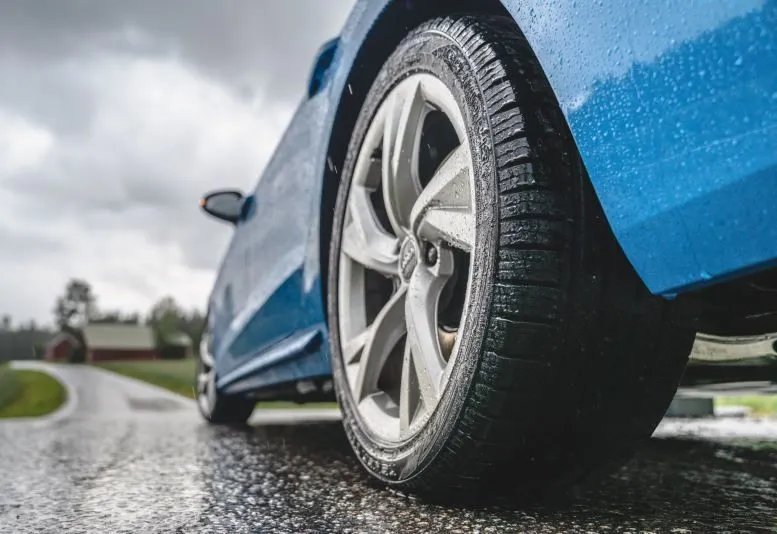The era of electric vehicles is accelerating, and more requirements are being placed on the iteration and updating of tire technology. Compared with traditional fuel vehicles, electric vehicle (EV) tires have higher requirements due to their heavier vehicle weight and higher torque.
It is worth noting that as competition in the electric vehicle market intensifies, it has quickly been drawn into a competition over tire performance, and there has been increasing controversy over the use of electric vehicle tires.

Do low rolling resistance tires affect the braking system?
The quality of tire performance not only affects the driving comfort, fuel economy, and wear resistance of the car, but as an important part of the car's driving system, it even determines the performance of other components of the electric vehicle.
Dr. Zhu Ling, vice president of Zeekr Intelligent Technology, pointed out that braking is the safety bottom line of automobile design. Compared with fuel vehicles, the braking problem of electric vehicles is more prominent.

Because electric vehicles have high horsepower and accelerate quickly, and they are generally heavier than fuel vehicles of the same size, some electric vehicles excessively pursue power consumption and often use low rolling resistance tires. However, these factors add up to make the design of the braking system of electric vehicles more complicated.
As we all know, the rolling resistance of tires determines the acceleration and braking performance of the vehicle. Tires with greater rolling resistance will certainly help shorten the braking distance, but will reduce the battery life of electric vehicles and affect handling.
Electric car tires wear out faster
Another major concern about electric vehicle tires is that they will need to be replaced more frequently.
At a time when the penetration rate of electric vehicles is making gasoline vehicles nervous, manufacturers and users are beginning to pay attention to tires, which they had previously ignored. Compared with gasoline vehicles, the tire replacement rate of electric vehicles is 20% faster. Electric vehicles with properly matched tires can extend their mileage by 10%-15%. However, the price of the best-matched electric vehicle tires is half that of the same gasoline vehicle tires.

The reason why the electric car revolution has caused the tire replacement rate to soar is simple and will basically not change in the foreseeable future: Electric cars are much heavier than gasoline cars, and have much higher torque and energy efficiency.
According to relevant agencies, targeted tests were conducted in March 2023: Compare the tire wear of the Tesla Model Y and Kia Niro Hybrid produced in the same year. During the test, the Tesla Model Y weighed 542 kg more than the Kia Niro, resulting in approximately 20.37% more tire wear per kilometer.
In 2024, a market research organization surveyed more than 30,000 American car owners and found that, out of a total of 1,000 points, gasoline vehicle tires scored 796 and electric vehicle tires scored 769. The main reason why electric vehicle tires scored lower was, according to the majority of responses collected, "Why are the performance and replacement rates of electric vehicle tires not as good as those of previous gasoline vehicles? There is a clear gap in expectations."
Tire technology research and development is encouraged
In addition to the subtle constraints of vehicle driving technology and the anxiety of tire changing, the future fate of electric vehicle tires has also been challenged by the environmental protection community. In early 2023, a study by Imperial College London stated that electric vehicle tires worldwide emit 6 million tons of particulate matter each year, of which 200,000 tons enter the ocean. At the same time, The British research organization "Emission Analysis" said that each electric car in the United States sheds 5 pounds of particles from its tires every year, and this statistic in continental Europe is equivalent to half of that in the United States.

A research institute analyzed: "The amount of irritants emitted by an electric car tire is equivalent to 100 times that of a gasoline car exhaust pipe." However, these accusations and concerns indirectly show that even if electric vehicle sales slow down or even stagnate, whether for environmental public relations considerations or to improve the owner experience, the potential for technological research and development and product innovation of electric vehicle tires is far from reaching its peak. Although wear resistance, anti-skid performance, and low rolling resistance are always the "devil's triangle" that are difficult for tire products to take into account in all aspects, leading companies have begun to put more thought into the trade-offs between the three.
Therefore, the enthusiasm for technological research and development in the tire industry has been once again encouraged by the new situation. Some even say that the electric car revolution is "the only technological advancement in decades that has increased tire sales and benefited the tire industry from the perspective of automotive market development."
DLFTECH is a professional equipment marketing & service company built by a senior R&D and marketing team in the tire & conveyor belt equipment industry. Benefiting from the rapid follow up of the international rubber industry's process re-engineering and the demand for industrial intelligence, DLFTECH, the best of the best, has rapidly developed into a new star in the international rubber machinery industry.
If any tire or conveyor belt industry customers need such as bead winding line, tire mold online intelligent laser cleaning system, green tire separant automatic sprayer etc., please feel free to contact info@delphygroup.com.


